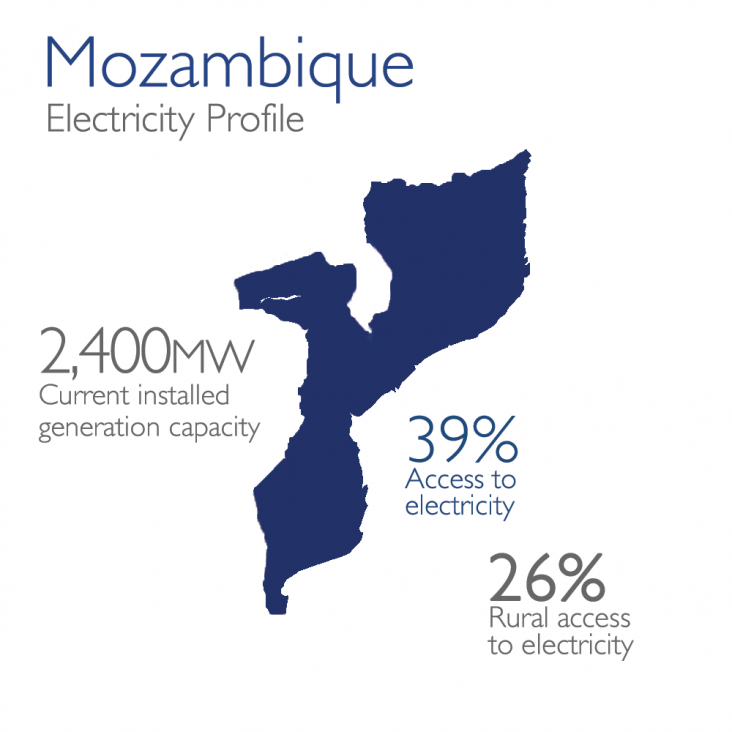- Where We Work
- Interactive Map
- Afghanistan and Pakistan
- Africa
- African Union
- Power Africa
- About Us
- How We Work
- Partners
- News & Information
- Power Africa Toolbox
- Where We Work
- Angola
- Benin
- Botswana
- Burkina Faso
- Burundi
- Cameroon
- Chad
- Côte d`Ivoire
- Democratic Republic of the Congo
- Djibouti
- Eritrea
- Ethiopia
- Gabon
- Gambia
- Ghana
- Guinea
- Guinea Bissau
- Kenya
- Lesotho
- Liberia
- Madagascar
- Malawi
- Mali
- Mauritania
- Mozambique
- Namibia
- Niger
- Nigeria
- Republic of Congo
- Rwanda
- Senegal
- Sierra Leone
- South Africa
- South Sudan
- Swaziland
- Tanzania
- Togo
- Uganda
- Zambia
- Trade and Investment Engagement
- Angola
- Benin
- Botswana
- Burkina Faso
- Burundi
- Cameroon
- Central Africa Regional
- Central African Republic
- Chad
- Côte d'Ivoire
- Democratic Republic of the Congo
- Djibouti
- East Africa Regional
- Ethiopia
- Ghana
- Guinea
- Kenya
- Lesotho
- Liberia
- Madagascar
- Malawi
- Mali
- Mauritania
- Mozambique
- Namibia
- Niger
- Nigeria
- Republic of the Congo
- Rwanda
- Sahel Regional
- Senegal
- Sierra Leone
- Somalia
- South Africa
- South Sudan
- Southern Africa Regional
- Sudan
- Swaziland
- Tanzania
- Uganda
- West Africa Regional
- Zambia
- Zimbabwe
- Asia
- Europe and Eurasia
- Latin America and the Caribbean
- Middle East
- Mission Directory
Mozambique
POWER AFRICA FACT SHEET

Electricity generation in Mozambique is dominated by hydropower, which is used to meet the country’s own demand, as well as for export to neighboring South Africa and Zimbabwe. Despite ongoing hydropower development, it is not fast enough to keep pace with export commitments and domestic demand growing at 12.5% per year. Mozambique’s future generation capacity is likely to incorporate more fossil fuels due to its large coal deposits and recent discoveries of offshore natural gas. While these resources are being pursued, the Government of Mozambique has also established a Renewable Energy Policy targeting solar, wind, mini-hydro and biomass, though no fiscal incentives are currently in place. Based on 2013 data, Mozambique’s national electrification rate reached 39% (26% in rural areas, 66% in urban area).
Sources:







Comment
Make a general inquiry or suggest an improvement.